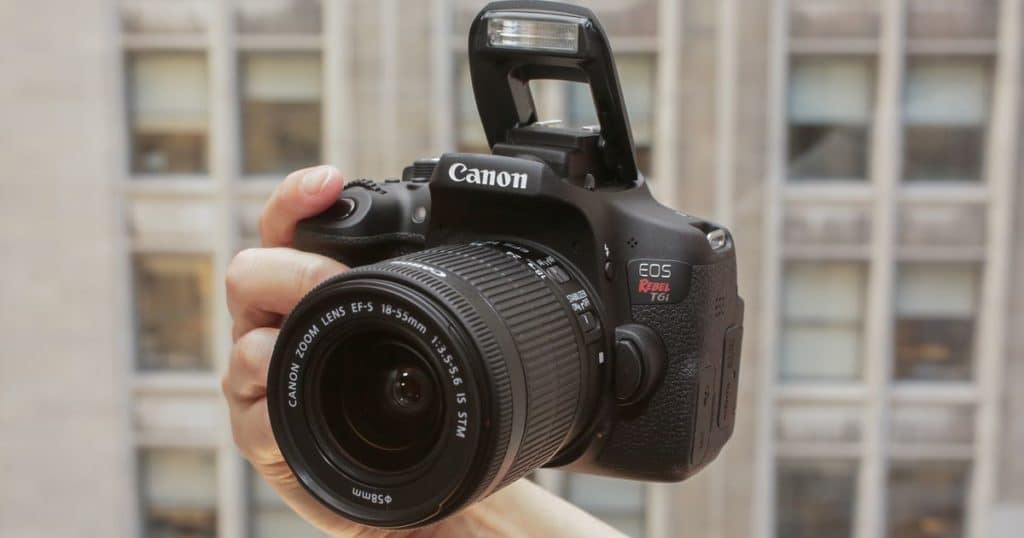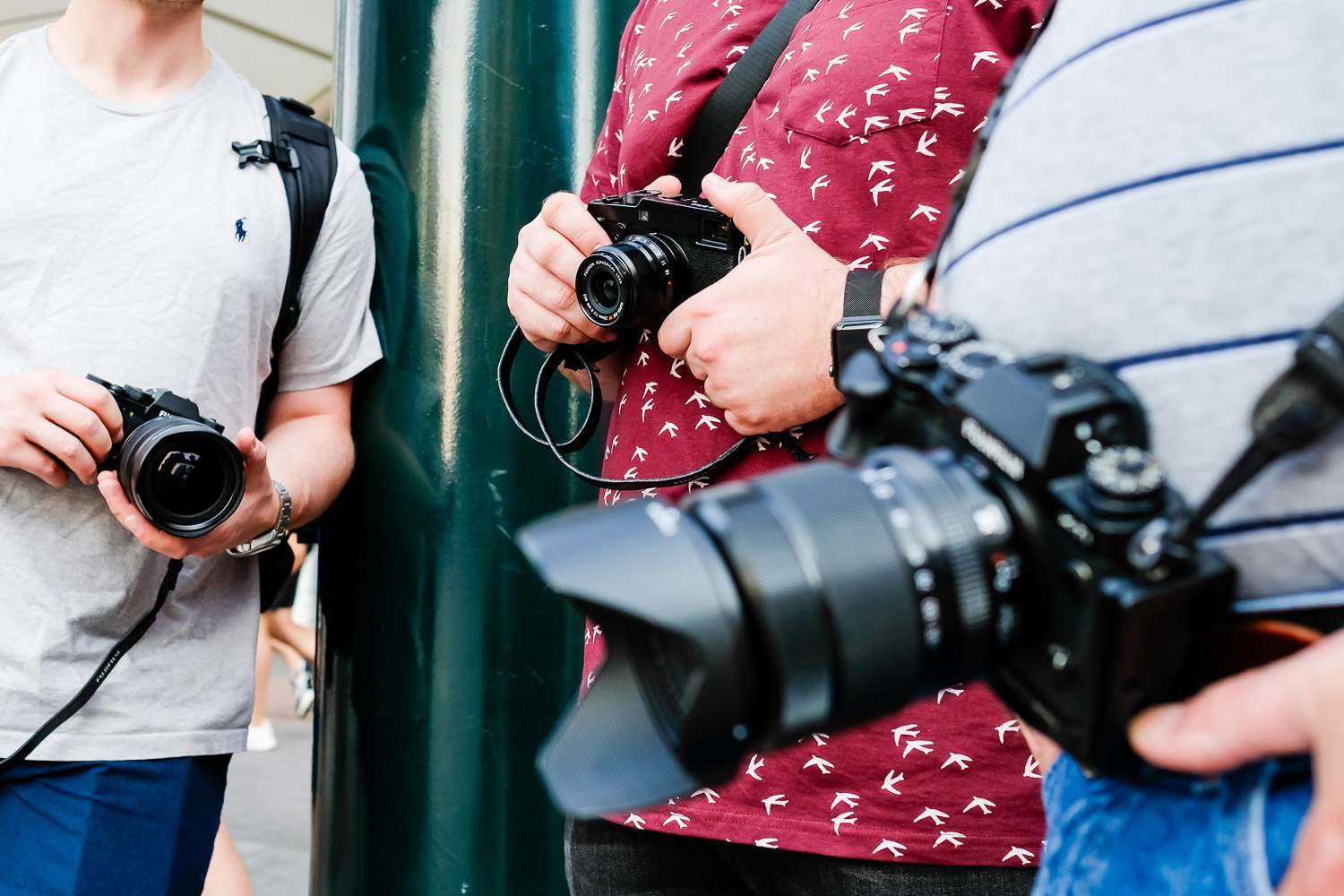What is Full Frame DSLR Camera? A Deep Dive for Photographers
As professional photographers, you're likely searching for the best equipment to capture stunning images, and you might have come across the term 'full frame DSLR camera'. But what exactly does 'full frame' mean and how does it impact your photography?
In this in-depth guide, we will explore the intricacies of full frame DSLR cameras, helping you make an informed decision the next time you consider upgrading your gear.

The Basics of Full Frame Sensors
The main difference between a full frame DSLR camera and other types of cameras lies in the size of the sensor. A full frame sensor measures 36mm x 24mm, which is the same size as a 35mm film frame. This is larger than the sensors found in crop sensor cameras, which significantly impacts image quality and field of view.
Image Quality: The Full Frame Advantage
One of the most significant benefits of using a full frame DSLR camera is the superior image quality. These larger sensors have more surface area to capture light, leading to images with less noise and greater detail, especially in low-light situations. If you're aiming for professional-grade photos, this can be a pivotal factor in your decision.
Another advantage is the higher dynamic range. Full frame sensors are better at capturing a wide range of tones and colors, making your photos appear more vibrant and true-to-life.

Why Choose a Full Frame DSLR Camera?
Understanding the benefits of a full frame DSLR camera can help you decide whether this type of camera is right for you. Here's why many professional photographers opt for full frame models:
Field of View
One of the key aspects of a full frame sensor is that it provides a wider field of view compared to crop sensors. This means you can fit more into your frame, making it ideal for landscape photography, architectural shots, and other wide-angle scenarios.
Depth of Field
Full frame cameras offer a shallower depth of field compared to crop sensor cameras. This means you can achieve more pronounced background blur (bokeh), which is particularly desirable for portrait photography.
Lens Compatibility
Full frame DSLR cameras are compatible with a wide range of lenses, giving you more options to choose from. Whether you need a versatile zoom lens or a prime lens with a specific focal length, full frame cameras provide the flexibility you need.

Is a Full Frame DSLR Camera Worth the Investment?
Given the higher cost of full frame DSLR cameras, you might wonder if they are worth the investment. If you're a professional photographer seeking the best possible image quality, the answer is likely yes.
However, keep in mind that full frame cameras tend to be larger and heavier than crop sensor models. They also require more expensive lenses to make the most of their capabilities. If portability and budget are significant concerns, a crop sensor camera might still serve you well.

Real-World Applications of Full Frame DSLR Cameras
Full frame DSLR cameras are used by photographers across various genres. Here are some examples of how these cameras excel in different fields:
Landscape Photography
The wide field of view and high dynamic range make full frame cameras ideal for capturing stunning landscapes. The extra detail and lower noise levels ensure that even the most intricate scenes are rendered beautifully.
Portrait Photography
The shallow depth of field provided by full frame sensors allows for beautiful background blur, making your subject stand out in sharp focus. This is why many portrait photographers prefer full frame cameras for their work.
Low-Light Situations
The superior light-gathering capability of full frame sensors makes them the go-to choice for low-light photography. Whether you're shooting a concert, a wedding reception, or night-time scenes, a full frame DSLR camera can deliver impressive results.
FAQs
What is the difference between full frame and crop sensor cameras?
Full frame cameras have sensors that are the same size as a 35mm film frame (36mm x 24mm), while crop sensor cameras have smaller sensors. This affects image quality, field of view, and depth of field.
Are full frame cameras better for all types of photography?
While full frame cameras offer superior image quality and a wider field of view, they may not be necessary for all types of photography. Consider your specific needs and the type of photography you specialize in before investing.
Do I need special lenses for a full frame DSLR camera?
Full frame cameras are compatible with a wide range of lenses, but to fully benefit from the larger sensor, high-quality lenses are recommended.
For more detailed photography guides, check out this DSLR guide. If you are interested in learning more about different aspects of DSLR cameras, visit shutter speed, charging your DSLR without a charger, photographing the moon, and differences between DSLR and point-and-shoot cameras.
As an Amazon Associate, I earn from qualifying purchases.

